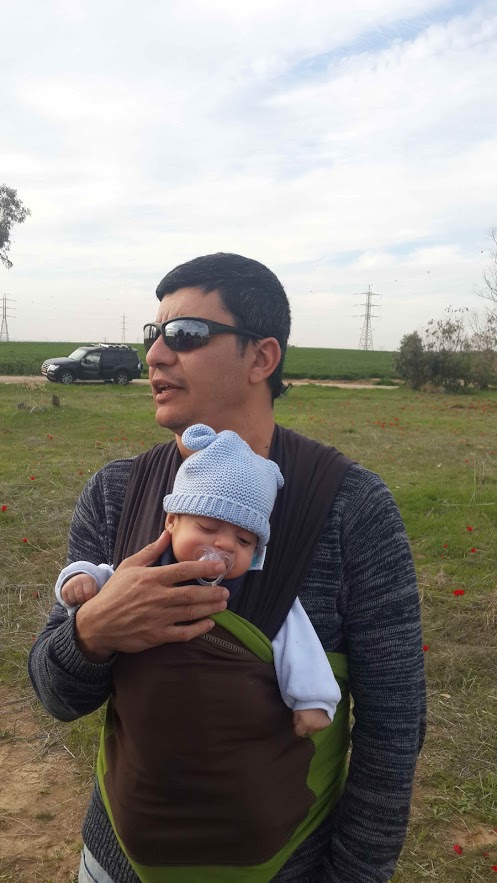Areas of interest
- Small Business Economics
- Applied economics
- Institutional Economics

My current research explores the relationship between democratic institutions, innovation, and long-term economic growth. I study how institutional quality shapes innovation outcomes and how innovation, in turn, contributes to economic performance. In parallel, I investigate the resilience and adaptive strategies of small businesses during crises, with a focus on innovation implementation in peripheral regions. My work combines empirical analysis using panel data and structural equation modeling (SEM) with policy-relevant insights into institutional and regional development.
Journal Articles:
Hadad, S., & Malul, M. (2017). Do you prefer having much more or slightly more than others? Social Indicators Research, 133, 227-234. Impact factor 1.395, Journal rank: "A", highest quartile in the SJR category of Sociology and Political Science
Chapters in Books
1. S. Hadad, J. Zeira. "An Outline of the Economic Issues of a Final Status Agreement in Jerusalem", pp, 23-69. Published in: Economic Dimensions of a Two-State Agreement Between Israel and Palestine. The Aix Group (2007).
2. A. Arnon, T. Hacker, S. Hadad, S. Bamya, M. Abu Awad. "A Framework for Permanent Agreement Concerning the Palestinian Refugees", pp. 24-137. Published in: Economic Dimensions of a Two-State Agreement Between Israel and Palestine. Vol II. The Aix Group (2010).
3. *S. Hadad, A. Arnon. "The Current Economic Crisis, Some Possible Explanations". Published in: International Perspectives of the Economic Crisis. pp. 13-27. Van Leer Jerusalem Institute (2014, Hebrew).
4. *S. Hadad, A. Arnon. "The Economic Crisis in the United States: An Anatomy of Economic Crisis". Published in: International Perspectives of the Economic Crisis. pp. 30-43. Van Leer Jerusalem Institute (2014, Hebrew).
Articles in Conference Proceedings
|
Role |
Subject
of Lecture/Discussion |
Place
of Conference |
Name
of Conference |
Date |
|
Organizing committee |
Crises as an opportunity for the development of peripheral areas |
Virtual (zoom) Conference |
Annual
Conference of the Israel Association for Regional Sciences (2021) |
9/2/2021 |
|
Organizing committee |
Regional growth challenges in times of crisis |
Sapir College Israel |
Annual
Conference of the Israel Association for Regional Sciences (2022) |
3/4/2022 |
|
Chair |
Knowledge producing - new approaches |
Sapir College Israel |
Sapir
Annual Academic Conference |
25/10/22 |
|
Speaker |
Integration,
culture, and trust: A case study of minority integration in Israeli academy |
University of Haifa Israel |
A culturally sensitive academy |
10/5/2023 |
|
Speaker |
Can periphery survive the high-tech led growth? |
Federal University of
Ceara Brazil |
Innovation as an Instrument for the Promotion of Non-technological Firms |
7/2023 |
|
Speaker |
Integration,
culture, and trust: A case study of minority integration in Israeli academy |
Charles university Prague |
AIS
annual conference |
3.7.2024 |
|
Speaker |
Can periphery survive the high-tech led growth? |
University of Haifa Israel |
Urban
Studies Research Community Conference |
29.9.2024 |
|
Speaker |
Integration,
culture, and trust: A case study of minority integration in Israeli academy |
Sapir College Israel |
Sapir Annual Academic Conference |
31.10.24 |
|
Speaker |
Comparative
Analysis of Operational Strategies of Businesses in the Israeli Periphery
During the 7/10/23 War and the COVID-19 Crisis |
Sapir College Israel |
Sapir Annual Academic Conference |
31.10.24 |